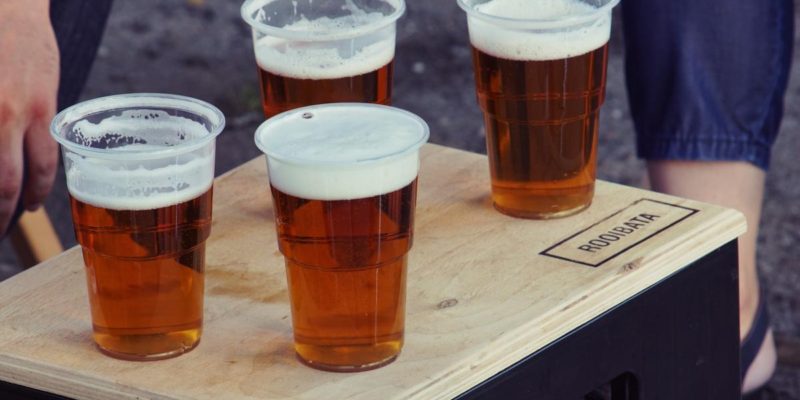In the UK, alcohol abuse accounts for more deaths and chronic illness than any other single drug of choice.Beyond the effect of alcohol on the individual who drinks, is the insidious and corrosive effect upon family life. For every problem drinker it is estimated that at least five other people are adversely affected.The children and partners of the person who drinks to excess often describe living in a near constant state of anticipatory anxiety and fear, due to the volatile and explosive anger that accompanies prolonged abuse of alcohol.’Walking on eggshells’ in order to avoid ‘setting off’ or triggering rage or abuse from the uncontrolled drinker.Many people who drink excessively do so in order to anaesthetise themselves against the pain and distress of underlying mental health problems such as anxiety or depression.
Most families struggle to manage the problem of the alcholic individual on their own. The partner of the alcoholic may feel guilt that he or she cannot help the loved one get back control of the addiction and come to feel themselves in some way responsible. The silencing effects of shame upon such families may drive the problem deeper underground, but of course it rarely goes away without active intervention.Problems frequently escalate until relationships are at breaking point. Treating the drinker without also helping the family often makes treatment less effective.
Sadly for the children who grow up in this atmosphere of fear and uncertainty the accumulative effects amount to a chronic and persistant trauma.Children describe the need to be alert at all times, vigilant for signs of mood changes and loss of control from the parent [or parents] who drink. Children develop strategies to avert disaster, but many times these prove insufficient.
The support group Al-Anon [http://www.al-anonuk.org.uk] provides help for anyone whose life has been affected by someone else’s drinking, whether that person is still drinking or not. It offers another group Alateen for children and young people who are able to get support from sharing their experiences with others.The wounds may run deep in those affected by a loved one’s alcoholism and even years later an individual can struggle with relationships and trust. Groups such as Al-Anon, or individual counselling , may offer the chance of a reparative experience.Often the simple act of being heard and of someone else bearing witness to distressing and traumatic experiences, can reduce the power and potency of these experiences over the rest of the individuals life. In this way a new story becomes possible, one in which alcohol, addiction and abuse need not have a place.

